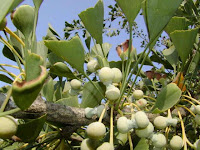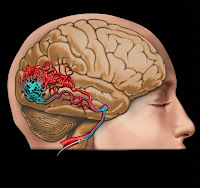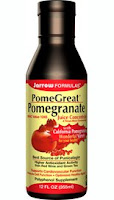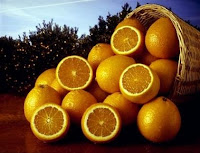 This is a picture of an advertisement that is on a billboard in my neighborhood near the Los Angeles County Museum of Art (LACMA).As you can see, the advertisement is suggesting that the product, which is a pomegranate juice, can extend life.This is a great example of the type of “wellness marketing” I speak of in my podcast, the Dr. Nick Show, Episode 6.
This is a picture of an advertisement that is on a billboard in my neighborhood near the Los Angeles County Museum of Art (LACMA).As you can see, the advertisement is suggesting that the product, which is a pomegranate juice, can extend life.This is a great example of the type of “wellness marketing” I speak of in my podcast, the Dr. Nick Show, Episode 6. But, of course, food and beverage manufacturers take things a little too far.They take a fact and stretch it so much that you question the validity of the concept altogether.Pomegranate juice cheats death?Please.Even with a slew of antioxidants, it’s very doubtful that it does that.More likely, antioxidant rich foods and beverages add to one’s overall health level, but whether this translates to longer life is debatable.I would argue that it might cheat illness, or weakness, or dysfunction, but death?
But, of course, food and beverage manufacturers take things a little too far.They take a fact and stretch it so much that you question the validity of the concept altogether.Pomegranate juice cheats death?Please.Even with a slew of antioxidants, it’s very doubtful that it does that.More likely, antioxidant rich foods and beverages add to one’s overall health level, but whether this translates to longer life is debatable.I would argue that it might cheat illness, or weakness, or dysfunction, but death?
















